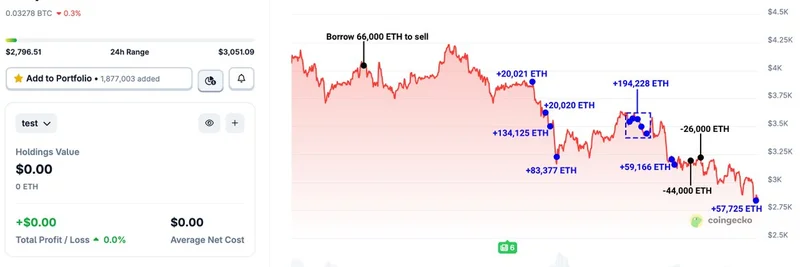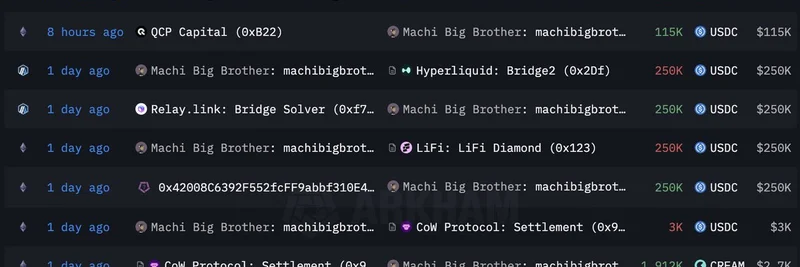In the fast-evolving world of cryptocurrency, privacy is becoming a hot topic—and not just for the tech-savvy. Chris Burniske, a prominent crypto investor and partner at Placeholder VC, recently shared a thought-provoking post on X (formerly Twitter) that highlights a key shift on the horizon. He argues that true appreciation for privacy in blockchain tech will only come after transparent blockchains gain widespread use, exposing the downsides of oversharing personal financial data.
Burniske's post (view it here) puts it simply: "Appreciation of privacy has always required mainstream adoption of transparent blockchains, creating enough problems from unnecessary oversharing, for 'privacy on permissionless blockchains' to be valued. One of those things where it’ll be slowly… slowly… then all at once."
Let's break this down. Transparent blockchains, like Ethereum or Solana—home to many popular meme tokens such as Dogecoin or newer ones like PEPE—are designed to be open and verifiable. Every transaction is public, which is great for trust and auditing but lousy for privacy. Imagine your bank statement being visible to anyone online; that's the reality for users on these chains. Permissionless blockchains mean anyone can join without approval, amplifying this exposure.
As more people dive into crypto, especially through fun, viral meme tokens, they'll start noticing the risks. Whales (big holders) could get targeted by scammers, or everyday traders might worry about their transaction history revealing too much about their finances or habits. This "unnecessary oversharing," as Burniske calls it, will spark demand for privacy tools that work on these open networks.
The response to his post echoes this sentiment. For instance, the official Zcash account replied, "privacy isn’t normal. yet." Zcash is a privacy-focused cryptocurrency that uses zero-knowledge proofs—a fancy way to verify transactions without revealing details. It's like proving you're over 21 without showing your ID. Other replies mentioned projects like Arcium, which aims to bring encrypted computing to blockchains, allowing private operations on shared data.
For meme token fans, this matters big time. Meme coins thrive on community hype and rapid trading, often on transparent chains. But as adoption grows, privacy could become a game-changer. Imagine holding a meme token without broadcasting your wallet balance to the world, reducing risks like front-running (where others exploit your trade intentions) or doxxing. Projects blending privacy with meme culture could emerge, offering shielded transactions for viral assets.
Burniske's "slowly… then all at once" phrase borrows from how adoption curves work in tech—think Bitcoin's gradual rise before its boom. Privacy tech might simmer in the background until a major incident, like a high-profile hack or regulatory crackdown, pushes it mainstream.
At Meme Insider, we're keeping an eye on how privacy intersects with meme tokens. Whether it's through layer-2 solutions like zk-rollups on Ethereum or dedicated privacy chains, this trend could protect users while keeping the fun alive. If you're trading memes, consider exploring privacy wallets or tools—it's about staying ahead in a transparent world turning opaque.
One reply even shared a meme-like image emphasizing unstoppable private money, underscoring the community's push for this shift.



